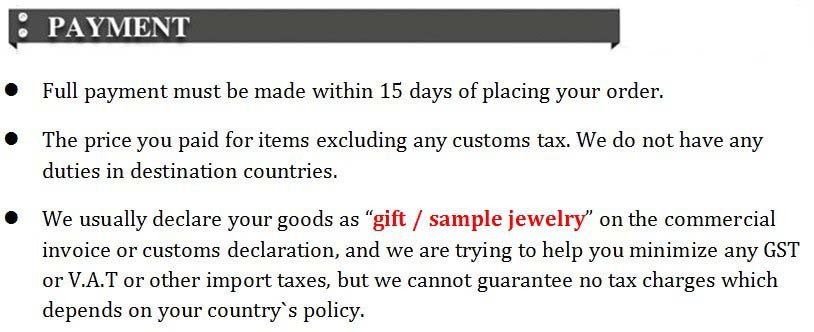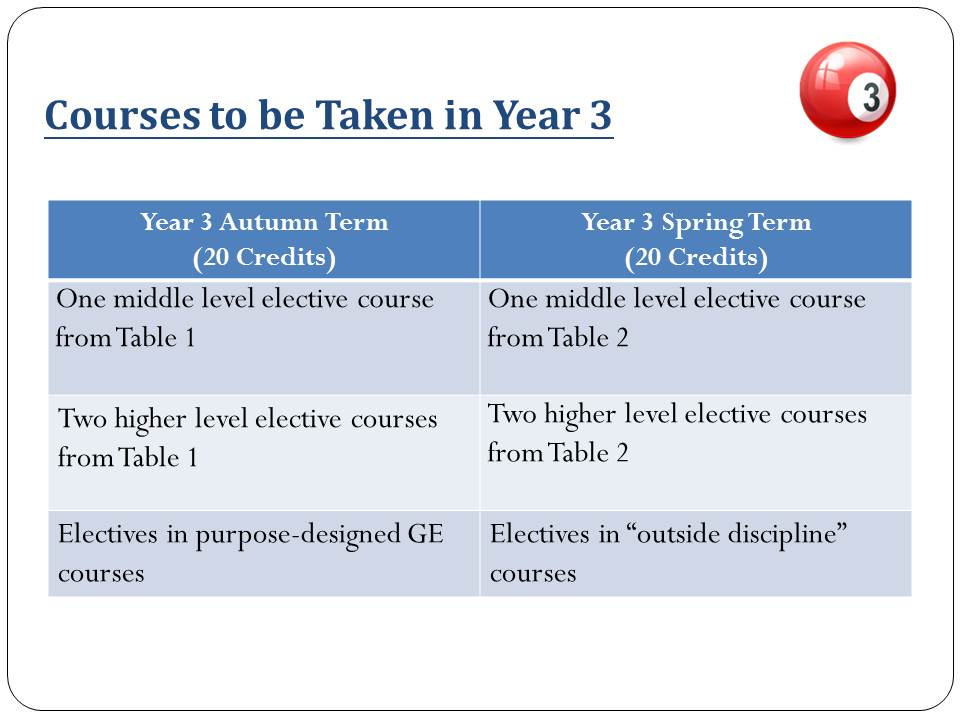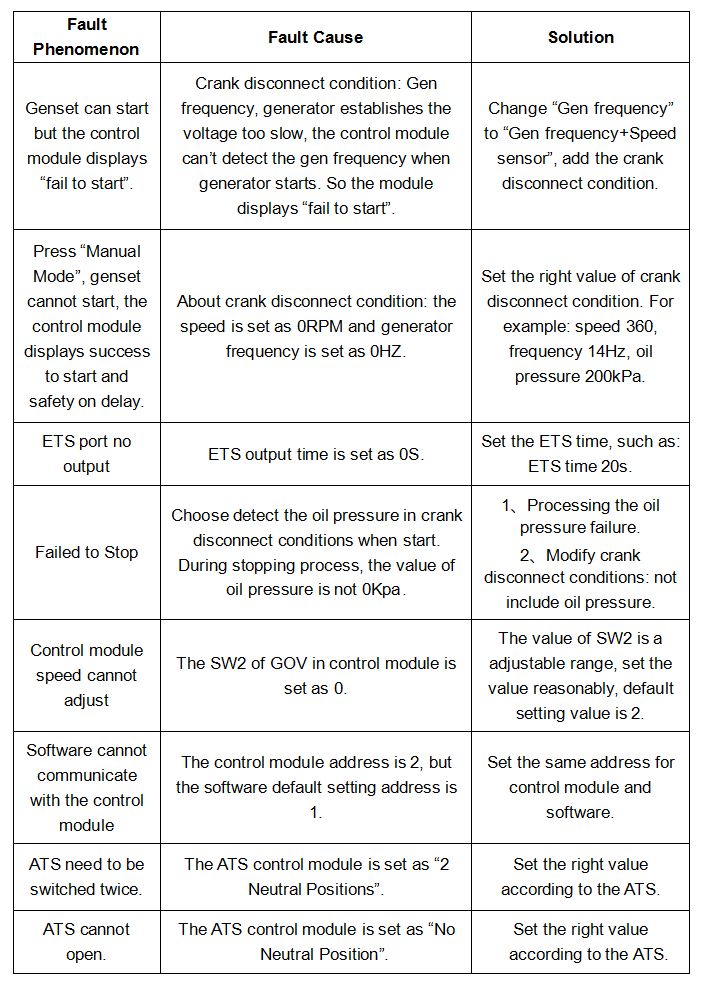What Happens If You Don't Pay Your Student Loans: Consequences and Solutions Explained
#### What happens if you don't pay your student loansFailing to pay your student loans can lead to a series of serious consequences that can affect your fin……
#### What happens if you don't pay your student loans
Failing to pay your student loans can lead to a series of serious consequences that can affect your financial future and credit score. Understanding these implications is crucial for anyone with student debt. In this article, we will explore what happens if you don't pay your student loans, the potential repercussions, and the options available to manage your debt effectively.
#### The Immediate Consequences
When you miss a payment on your student loans, the first thing that happens is that your loan servicer will typically contact you. They may send reminders via email, phone calls, or letters. If you continue to miss payments, your loan will become delinquent, which means that you have failed to make a payment according to the terms of your loan agreement.
Delinquency can lead to several immediate consequences:
1. **Late Fees**: Most lenders will impose late fees on missed payments, which can add to your overall debt.
2. **Credit Score Impact**: Once your loan is 30 days past due, your loan servicer will report this delinquency to the credit bureaus. This can significantly lower your credit score, making it harder to secure loans or credit in the future.
3. **Loss of Benefits**: If you are enrolled in any repayment plans that offer benefits, such as loan forgiveness or interest rate reductions, missing payments may cause you to lose these advantages.

#### The Long-Term Effects
If you continue to neglect your student loan payments, the situation can worsen. After 90 days of missed payments, your loan will be considered severely delinquent, and after 270 days, it may go into default. Defaulting on your student loans has severe consequences:
1. **Collection Actions**: Your loan may be handed over to a collection agency, which can pursue you for the debt aggressively. This can include phone calls, letters, and even legal action.
2. **Wage Garnishment**: In some cases, the government can garnish your wages, taking a portion of your paycheck to cover your loan payments without needing a court order.
3. **Tax Refund Seizure**: If you default on federal student loans, the government can intercept your tax refunds to pay off your debt.
4. **Loss of Eligibility for Financial Aid**: Defaulting can make you ineligible for additional federal student aid, which can hinder further education opportunities.

5. **Long-Term Credit Damage**: A default can remain on your credit report for up to seven years, making it challenging to obtain favorable loan terms or even secure rental agreements.
#### Options for Managing Student Loan Debt
If you find yourself in a situation where you are unable to pay your student loans, it is essential to take action rather than ignoring the problem. There are several options available:
1. **Contact Your Loan Servicer**: Reach out to your loan servicer as soon as you realize you may miss a payment. They can provide you with options tailored to your situation.
2. **Explore Repayment Plans**: Federal student loans offer various repayment plans, including income-driven repayment plans that adjust your monthly payment based on your income.
3. **Deferment or Forbearance**: If you are facing temporary financial hardship, you may qualify for deferment or forbearance, which allows you to temporarily pause your payments without going into default.

4. **Loan Forgiveness Programs**: Investigate if you qualify for any loan forgiveness programs, especially if you work in public service or certain nonprofit sectors.
5. **Credit Counseling**: Consider speaking to a credit counseling service for professional advice on managing your debt and improving your financial situation.
In conclusion, understanding what happens if you don't pay your student loans is vital for managing your finances effectively. The consequences of neglecting student loan payments can be severe, but taking proactive steps can help you navigate this challenging situation. Always remember that seeking help is a sign of strength, and there are resources available to assist you in managing your student loan debt.